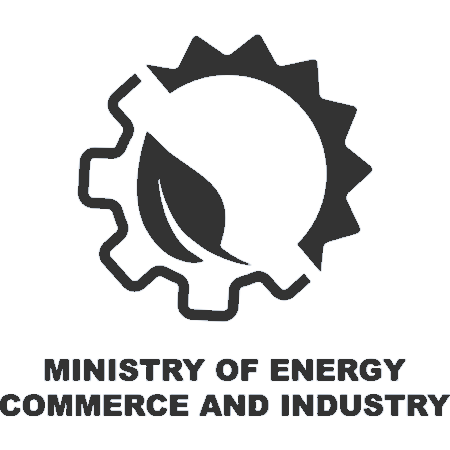Advance Undergraduate Elective Courses
Acording to the Postgraduate Studies Rules, postgraduate students may replace a general elective course (corresponding to 8 ECTS credits), with up to one advanced undergraduate course. The list of advanced undergraduate courses that would be particularly helpful for postgraduate specialization courses in the ETSD Program is given below. Note that the ECTS credits for each undergraduate course may vary and graduate students may need additional credits to fulfil the required amount for completing the ETSD program of studies. Students must obtain approval from the Academic Committee of IPP-ETSD to register. Additionally, students who hold a degree in the same field of study and have already attended courses on a relevant subject are not allowed to credit advanced undergraduate courses.


